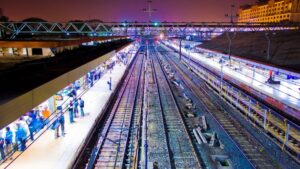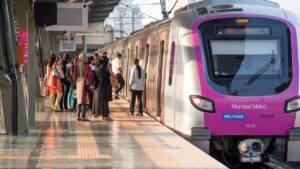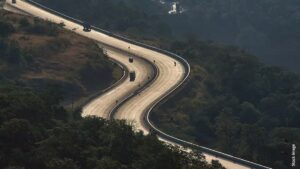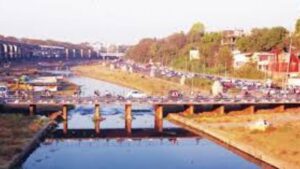Mumbai Coastal Road tunnel faces water leakage even before monsoon: BMC receives criticism over safety
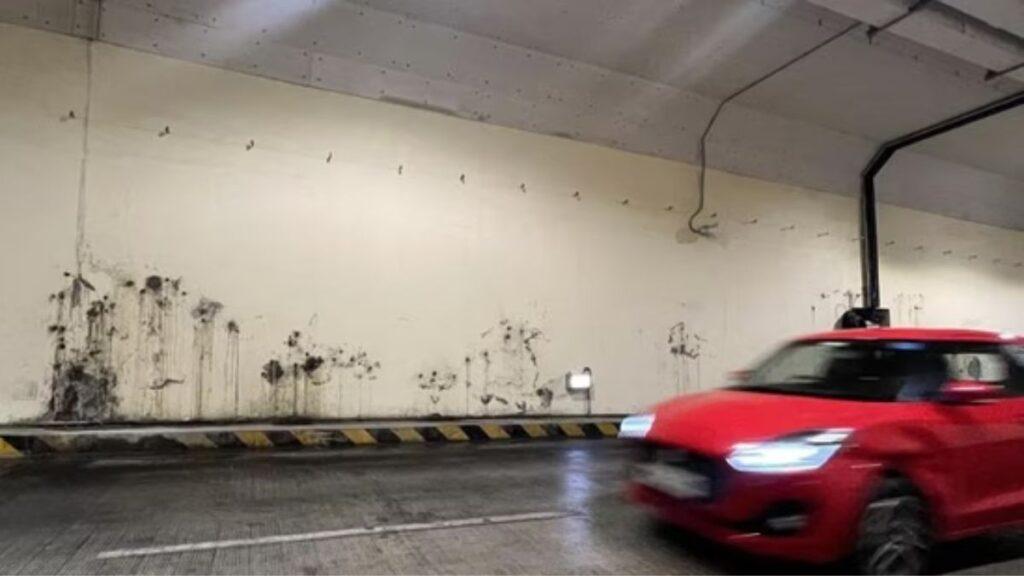
A section of Mumbai’s Coastal Road tunnel, which was inaugurated and opened to traffic on March 11, is now under the scanner due to water leakage issues. The leakage is particularly noticeable at the end of the southbound tunnel near the Princess Street Flyover, where water is seeping through the walls and ceiling.
Despite efforts to repair the leaks during the testing phase, the problem persists. The leaks are visible on both sides of the southbound tunnel’s walls, and the slab above also appears wet. The continuous water leakage has led to the peeling off of the paint on the walls.
The Brihanmumbai Municipal Corporation (BMC) is under scrutiny as it plans to open another tunnel soon. The adjacent northbound tunnel, which is still under construction, is expected to be operational in June. The leaks, which were first noticed during testing and supposedly fixed, have reappeared within two months of the tunnel’s inauguration.
A senior official from the Coastal Road project explained, “These are not cracks but expansion joints located every 20-30 meters, which allow for contraction and expansion. The leakage is happening through these joints. We plan to use injection waterproofing and grouting to seal the leaks immediately. This kind of issue can occur during construction or due to equipment use, but once addressed, we don’t expect any further leakage. The water has dispersed, which is why the colour has also come off.”
The Coastal Road tunnel is significant as it is the first in India to be constructed using tunnel boring technology. The entirety of the coastal road from Mumbai to Kandivali spans 29km, with the completed phase in South Mumbai covering 10.58km. The project’s cost is approximated to be Rs. 12,721 crore.
